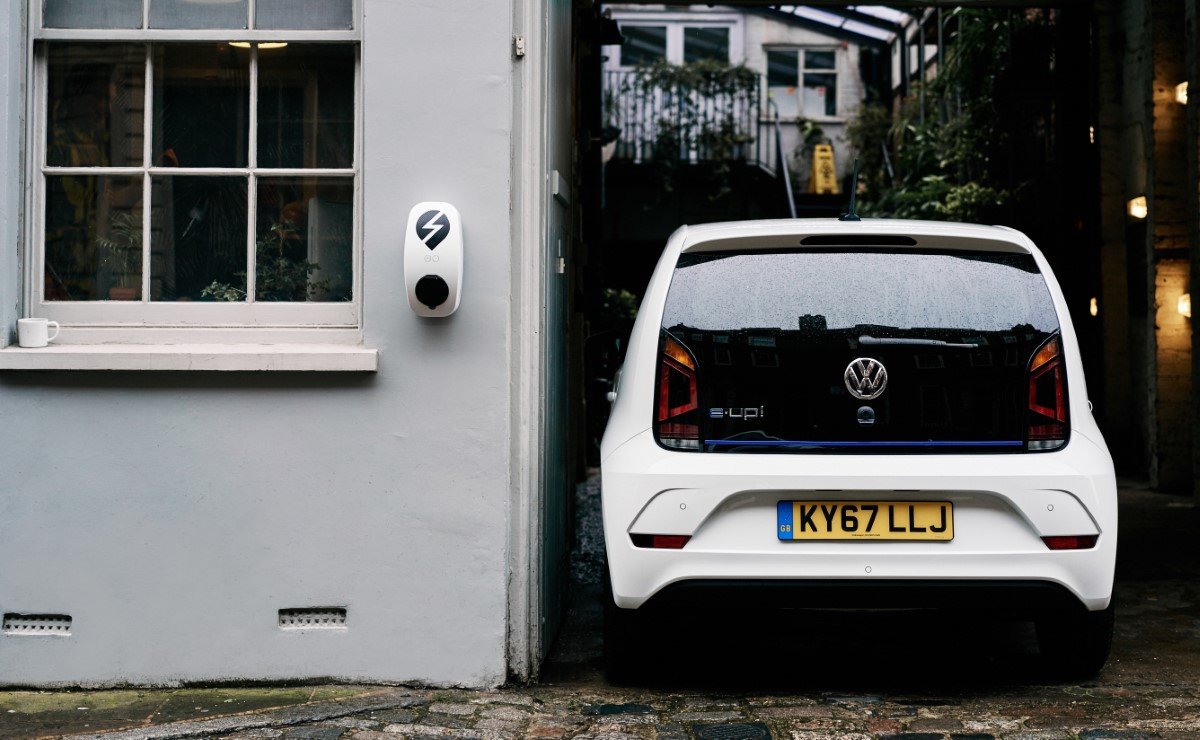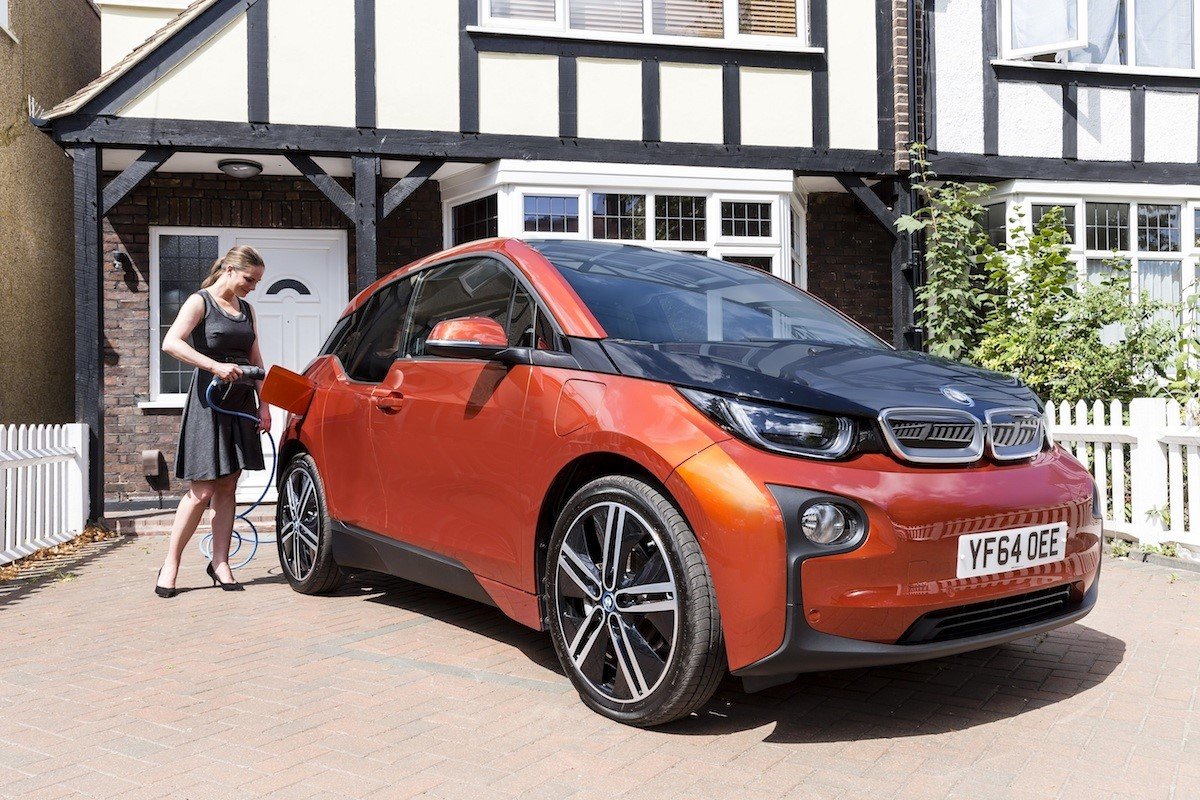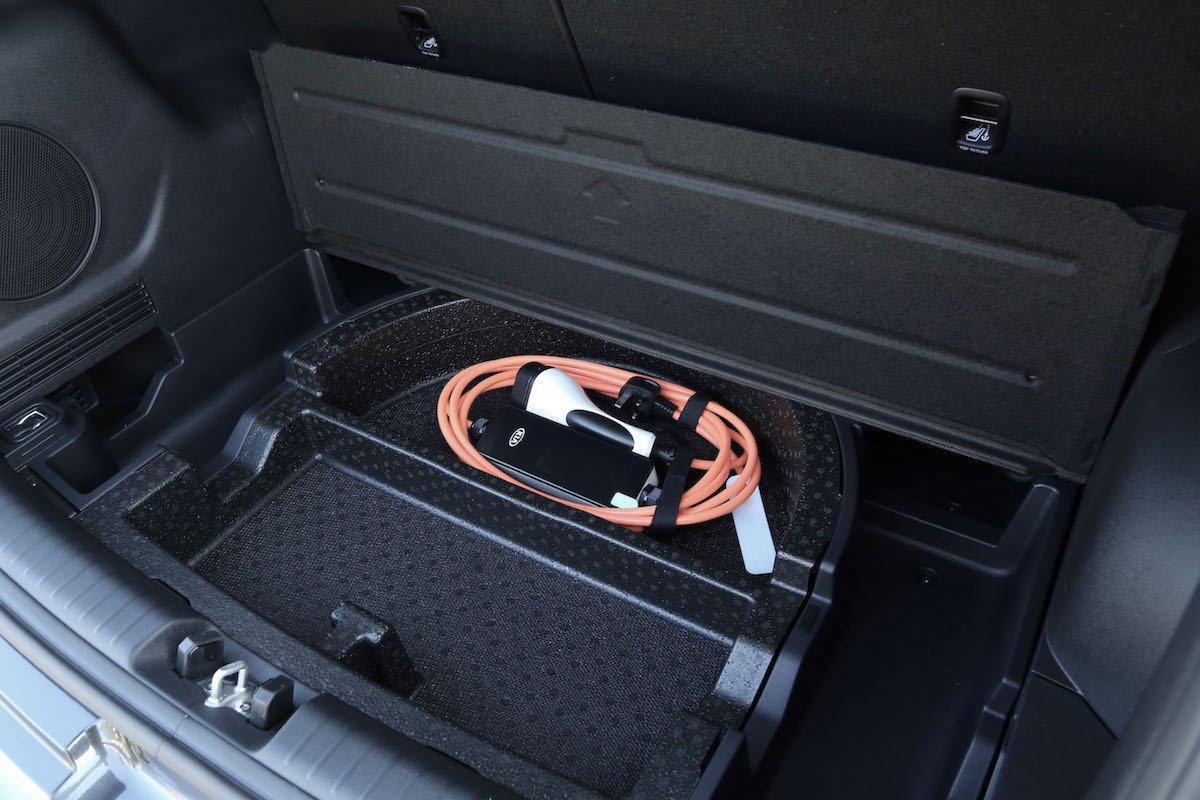There is an increasingly confusing array of different home electric vehicle chargers on the market. Ultimately they all do a similar job, but it’s worth knowing what your options are before you go ahead and get your wallbox fitted and ready to charge your electric car batteries. In this CarGurus guide we lay out the various charge point options to consider. This information is relevant regardless of the electric car you own, so whether it's a Volkswagen, Tesla, Kia, Renault, Nissan, BMW, Audi or anything else, read on...
How Much Does a Home Wallbox Cost?

A standard 7kW home wallbox typically costs from under £500 (inclusive of installation), after the £350 OZEV government grant (also known as the Electric Vehicle Homecharge Scheme, or EVHS grant) has been deducted. The biggest providers of home charging points are BP Chargemaster and Pod Point, both of which are affordable and effective.
You can also get home car chargers that are designed to work particularly well with solar panels and/or home energy storage units. The Myenergi Zappi charger, for instance, has different modes to stream direct from solar panels or to combine energy from the panels and mains electricity, depending on how quick you want the charge to be and how much solar power you might have stored up. The EO Mini Pro 2 charger also offers a solar power-specific mode, and claims to be the smallest car charger on sale.
Some car manufacturers also offer their own charging units, including Porsche and Tesla, with Volkswagen also introducing a branded ‘ID’ home wallbox charger from 2022. Finally, there’s a number of high-end wall chargers on offer, such as the Andersen EV home charger, which look much smarter than cheaper options but can cost well over £1,000.
The future tech fans amongst you might be aware that Audi and BMW both promise to offer wireless home car charging within the next year or two. You’ll simply have to park over a charging plate to start charging; there’ll be no cables needed, but charging times, costs and standard installation requirements are yet to be confirmed.
All of the home car chargers on sale have online connectivity enabling you to see how much electricity your car is using. The app or website interface associated with the charger will also normally allow you to set defined hours during which the car charger will work; this means that you can plug your car in at any time of the day and you know that it’ll start charging when your cheap, overnight electricity tariff kicks in. Most of today’s EVs also offer timed charging settings, but doing it from your charging unit is also an option.
How Quickly Can a Home Car Charger Top-Up My EV?

All home car chargers are offered with a variety of charging speeds. The 3.6kW units are the slowest, and will deliver up to 15 miles of range per hour. These are typically only used in cases where a property might have older electrical systems that can’t support a 7kW charger. It’s still safer and faster charging than you get with a normal three-pin plug domestic socket, which delivers electricity at up to 2.3kW, or a peak charging rate of around eight miles of range per hour.
The majority of properties in the UK can easily support a 7.4kW home charger (often advertised simply as 7kW), and this is the default option for most EV owners. It will deliver up to 30 miles of range per hour, or will fully charge a 62kWh electric car such as the Nissan Leaf+ in around 10 hours.
You will also see wallbox chargers offering faster charging rates of 11kW and 22kW. What isn’t always made clear is that these faster chargers require three-phase electrical systems. Three-phase is industrial-strength electrical wiring, and it’s extremely rare to find it in residential properties in the UK. Even high-spec, new build properties in Britain are normally fitted with single-phase electrics, which will only support a charger of 7.4kW or less; these 11kW and 22kW chargers are intended more for commercial and industrial sites. If you're unsure, an electrician or home charging point installer will be able to advise.
What Cables Do I Need to Charge an Electric Car?

The final decision you need to make is whether to have a ‘tethered’ or ‘untethered’ charger (the latter is also called a universal socket charger). Tethered is where you have the charging cable wired in and permanently connected to the charging wall box. Untethered is where the box simply has a socket that you can plug your car’s cable into. All pure electric cars come with the necessary Type 2 charging cable, but you’ll have to pay extra for it on some plug-in hybrid models.
If you go for a tethered charger, it’ll be compatible with any EV that uses a Type 2 socket, which includes almost every new electric car. Some older models, including the Mitsubishi Outlander PHEV and Mk1 Nissan Leaf, use a Type 1 socket that won’t be compatible with a modern tethered home charger. This is no issue, though; if you have a car with something other than a Type 2 connection, it simply means that you need to get a universal socket charger, and use the cables provided by the manufacturers. These cables will be compatible with every universal socket home car charger regardless of the age of the car or charging unit.
Most charging cables provided with a new EV are around five metres long, but you can buy an eight-metre charging cable for around £300; many vehicle manufacturers offer the longer cable as a dealer accessory. Most tethered chargers have a 7.5 metre cable as standard but this varies, so do check when ordering your charger.
There’s an increasingly broad range of home car chargers to choose from, ranging from the basic and affordable to the renewable energy specialist or the posh, designer-looking unit. All come with a warranty – normally three years of cover - and promise very reliable, safe charging. Just be careful to keep your cable off the ground and neatly coiled (always uncoil it fully when charging to avoid the cable getting hot), and be careful not to drop the plug, which can damage the plastics. Do that and, whichever charger you go for, it should provide many years of hassle-free home charging.
Related Topics:
How To Charge an Electric Car
How long will the battery in an EV last, and how much is a replacement?
What Are The Benefits of Electric Cars?
